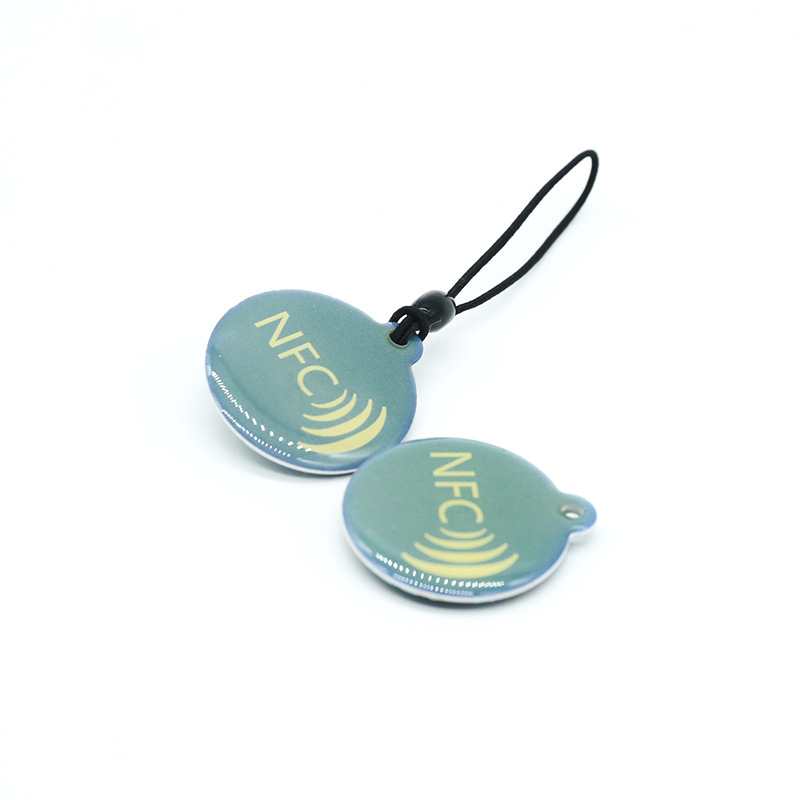Manufacturing production floors, intricate hubs of diverse processes and logistics, demand precision in managing work-in-process (WIP). Real-time visibility into production, efficiency, and quality becomes paramount amid this complexity. This challenge has paved the way for the adoption of radio frequency identification (RFID) technology, offering manufacturers automated WIP tracking and a comprehensive view of their operations.
The Power of RFID on the Plant Floor
Traditionally recognized for inventory tracking in warehouses, RFID now extends its capabilities to WIP tracking on the production floor. RFID enables the automatic capture of critical information concerning items, personnel, and processes. Here’s an insight into how RFID transforms plant floor operations.
How RFID Works
Similar to Wi-Fi principles, RFID operates wirelessly using RFID readers, antennas, tags, and tag printers. The technology eliminates the need for manual barcode scans or line-of-sight data collection. RFID tags facilitate the automatic and remote identification and location tracking of materials, finished goods, pallets, shipments, and various assets.
Applications in WIP Tracking
RFID brings efficiency to WIP tracking by employing tags, software, and time stamps to monitor parts and inventory movement through production stages. This enables real-time insights into process duration, aiding in the identification of bottlenecks and timing issues. Quality assurance is enhanced by validating the use of correct parts in each process, and real-time inventory levels ensure seamless production.
Informed Decision-Making
Integrating RFID into the production environment empowers manufacturers with informed decisions on production, inventory, and delivery dates. RFID automation reduces error rates, labor requirements, and associated costs. It ensures accurate tracking of production tools, equipment, and assets, optimizing their movement between buildings or specific locations for production processes.
Enforcing Production Rules
RFID presents opportunities to enforce production rules and identify exceptions in real time. For instance, visual aids like stack lights can signal workers about incorrect items or skipped steps in the process. RFID tags track items, while RFID software uses predefined rules to illuminate stack lights, indicating process accuracy or exceptions. Email alerts to management provide immediate notification, enabling prompt interventions to enhance process efficiency.
Embracing RFID for Manufacturing Excellence
The introduction of RFID into manufacturing operations brings a paradigm shift. From real-time WIP tracking to enforcing production rules, RFID emerges as a catalyst for efficiency, accuracy, and informed decision-making. As manufacturers continue to optimize their processes, RFID stands as a beacon of innovation on the plant floor.











